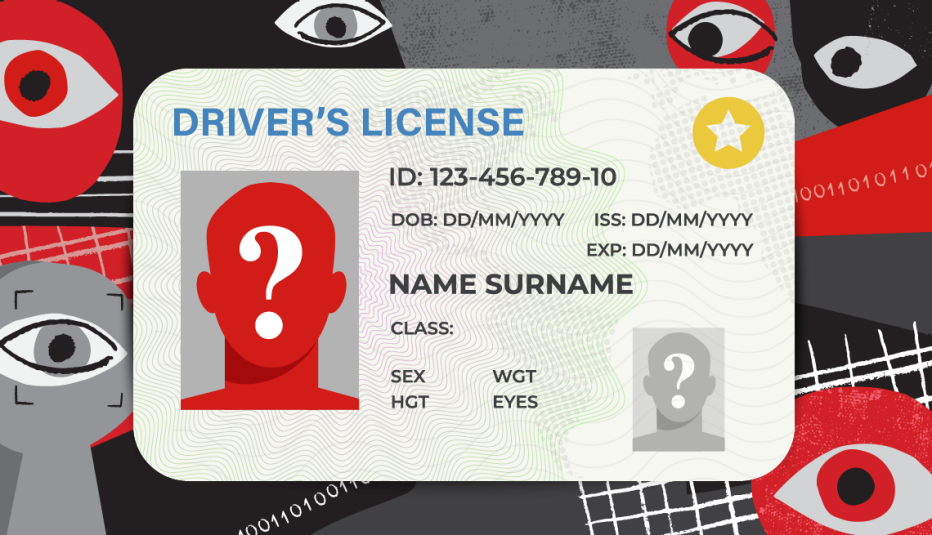Staying Fit
There’s no denying how massive Amazon has become in American life, for better or worse; it’s the go-to “everything store” for tens of millions of people, a behemoth that raked in some $514 billion last year. That’s why its name is so commonly used by criminals in scams of all stripes.
The company was the most frequently impersonated organization in 2022, according to the Better Business Bureau, which collects scam reports through its BBB Scam Tracker.


AARP Membership— $12 for your first year when you sign up for Automatic Renewal
Get instant access to members-only products and hundreds of discounts, a free second membership, and a subscription to AARP the Magazine.
“Amazon’s a great target because they’re almost universal,” says Alex Quilici, CEO of YouMail Inc., an Irvine, California-based firm that tracks scam calls and offers robocall-blocking apps. “Very few people don’t do some ordering from Amazon. For them to get a call from Amazon or a fraud alert doesn’t seem that unusual. People just think, ‘Oh, this is Amazon trying to help me out.’ ”
He notes that these days imposters are less likely to use phone calls for such scams, as they are “now moving aggressively to text messaging.”
The most common Amazon scams
“Suspicious Activity Scams” are now the most common kind of Amazon impersonation scam the company is seeing, accounting for more than one-quarter of all reports, according to Scott Knapp, Amazon’s Director of Worldwide Buyer Risk Protection.
How to report fraud and find support
- Contact the Federal Trade Commission online at ReportFraud.ftc.gov, or by phone at 877-382-4357.
- Report suspicious messages to Amazon at amazon.com/ReportAScam or reportascam@amazon.com.
- Call the AARP Fraud Watch Network Helpline, a free resource offering guidance to scam victims, at 877-908-3360 Monday through Friday, 8 a.m. to 8 p.m. ET.
If you’re reached by phone, the scam tends to start with someone saying there has been suspicious activity on your account, and then asks you to press 1 or call another phone number. Next, the criminal may ask for your Amazon account information. Or they may ask to help you by taking over control of your computer via software that lets them gain access to your credit card, banking and other sensitive information — so they can steal your identity and your money.
(The Federal Trade Commission [FTC] offers an example of a typical Amazon impersonation robocall here.)
Knapp cites two other Amazon-impersonation scams that appear to be growing more common:
Email attachment scams. Amazon says it’s seeing twice as many reports of scam emails with attachments in the second half of 2023 than the first. This is where scammers send emails posing as Amazon and include attachments stating that your account will be suspended or put on hold unless you click on a fraudulent link to “update your account.” These links will lead to a request for personal or payment information.





































































